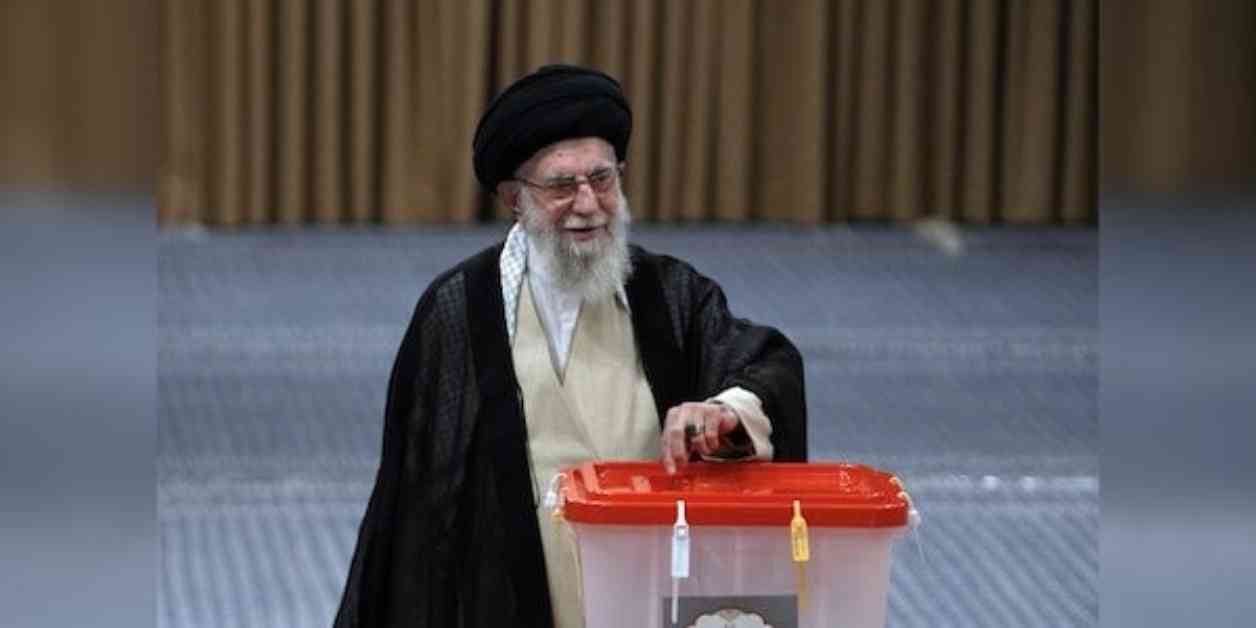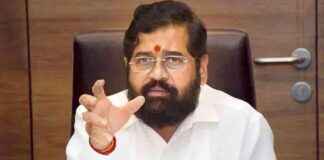**Government Criticizes Iranian Supreme Leader’s Comments on Indian Minorities**
The Indian government has strongly criticized comments made by Iranian Supreme Leader Ayatollah Ali Khamenei regarding the condition of minorities in India. The remarks were deemed as “misinformed and unacceptable” by External Affairs Ministry spokesperson Randhir Jaiswal.
Jaiswal emphasized that countries commenting on minorities in India should first examine their own record before passing judgment on others. The Indian government firmly denounced the statements made by Ayatollah Ali Khamenei, asserting that they do not accurately represent the situation of minorities in the country.
**Response to Iranian Leader’s Remarks**
The Iranian leader made these comments while addressing a gathering of clerics in Tehran, where he highlighted what he described as the “suffering” of Muslims in various regions, including Gaza, Myanmar, and India. In a series of posts on social media, he urged Muslims to remain united and vigilant in the face of challenges faced by their fellow believers around the world.
While expressing solidarity with Muslims in distress, the Indian government reiterated its commitment to upholding the rights and welfare of all religious and ethnic communities within its borders. The authorities emphasized that India is a diverse and inclusive society that values religious harmony and respects the rights of minorities.
**India’s Record on Minority Rights**
India has a rich history of religious diversity and tolerance, with various faiths coexisting peacefully for centuries. The country’s constitution guarantees freedom of religion and prohibits discrimination based on religious beliefs. Minorities in India enjoy legal protection and have the right to practice their faith without fear of persecution.
The government has taken several measures to promote the welfare of minority communities, including the establishment of special commissions and ministries to address their specific needs. Various schemes and programs have been implemented to support education, employment, and social development among minority groups.
**International Relations and Diplomacy**
The exchange of comments between Indian and Iranian officials underscores the complexities of international relations and diplomacy. While both countries share historical and cultural ties, differences of opinion on certain issues can lead to tensions in bilateral relations.
It is important for governments to engage in constructive dialogue and address concerns through diplomatic channels rather than resorting to public statements that may exacerbate misunderstandings. Mutual respect and understanding are essential in fostering positive relations between nations.
**Conclusion**
In conclusion, the Indian government’s response to the Iranian Supreme Leader’s comments on Indian minorities reflects its commitment to upholding the rights and dignity of all communities in the country. By emphasizing the importance of accurate information and mutual respect in international discourse, India seeks to maintain constructive relations with its global partners while safeguarding the interests of its citizens.




















